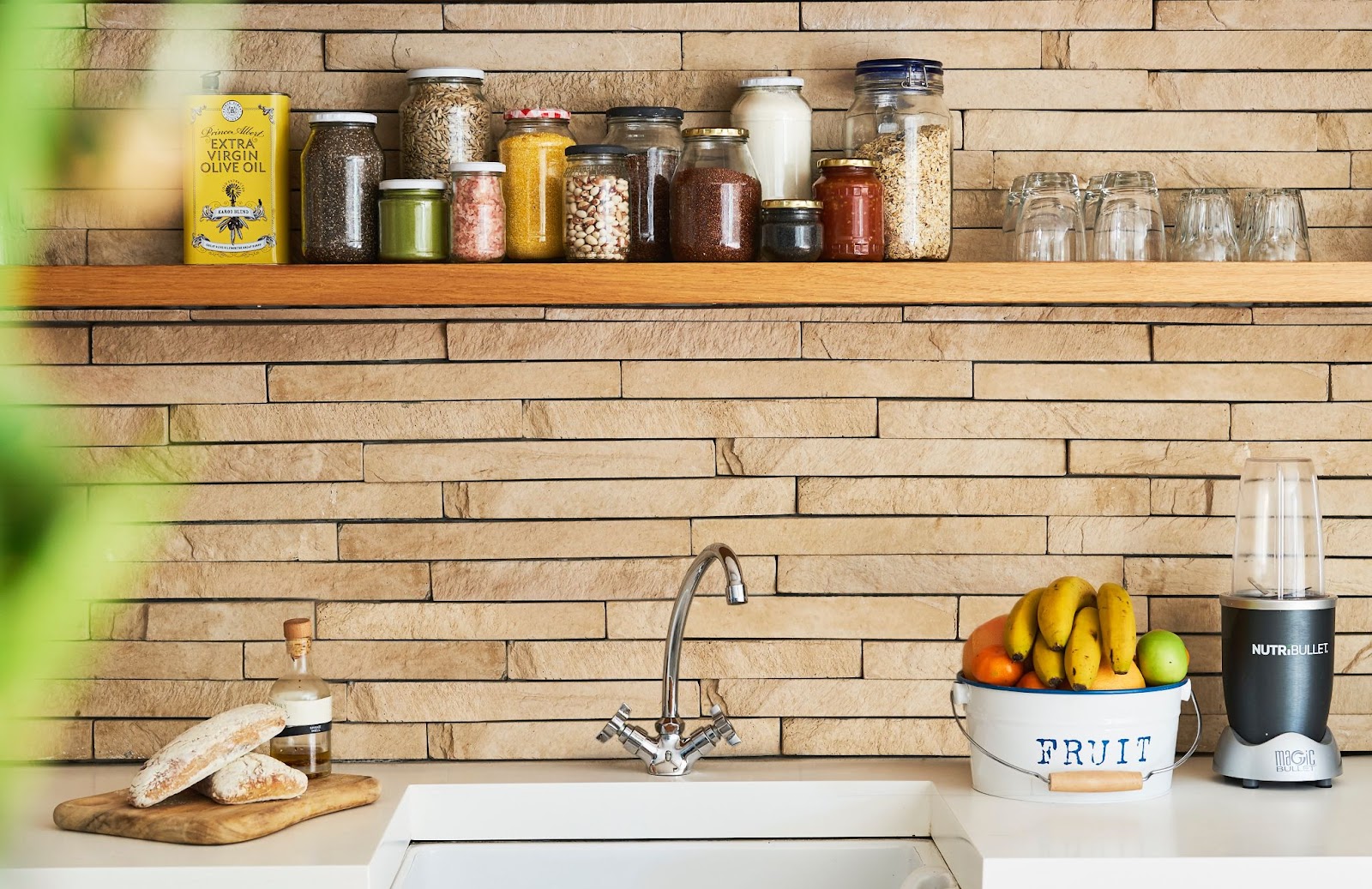There are several important factors to consider before getting a suitable home water filter. Each filtration system must be bespoke, not only based on water analysis, but also on the required volume or purpose of the filtered water.
Before you start looking for a water filter seller, you should first have a professional water analysis done in an accredited lab and answer a few important questions:
For choosing the right water filter, the first two points are of course the most important. Based on the water analysis, possibly with regard to bad taste or turbidity, the expert will tell you what types of pollution needs to be removed, and what filtration methods need to be used. It can be a mechanical dirt filter, various domestic waterworks, water disinfection or a their combination. By determining the appropriate types of filtration and water treatment, you will ensure the optimal composition of the water.
However, it is equally important to take into account the source of drinking water, volume and purpose of its use. According to this, it will be determined whether it is necessary to install complex filtration at the entry point of your house, or, on the contrary, much simpler and cheaper tap filters or even a simple filter kettle will suffice.
The inlet filter is a large-volume filter system that is placed on the main water supply to the house. This means that all the water that is used in the building is filtered.
It is a relatively complex device and it is necessary to expect higher purchasing costs and more demanding maintenance. The size of the filter container must be selected with regard to the volume of filtered water in order to ensure a constant supply of clean water to all pipes. The advantage is an unlimited source of drinking water of the highest possible quality and the possibility to combine any number of filters and waterworks according to the composition of the water and your wishes.
An inlet filter is necessary if you use water from your own well or borehole, especially in family houses inhabited all year round. This high-volume filtration system ensures that quality, safe water flows from every faucet. All water in the building will be suitable for direct consumption and cooking, for personal hygiene, watering plants or cleaning. In addition, it ensures a longer service life of household appliances, such as a washing machine, dishwasher or coffee machine.
On the other hand, it is completely unnecessary if you use water from public supply, water analysis did not show any above-limit values of undesirable substances, or the water is not cloudy or smelly. For seasonally occupied recreational homes, this system can be unnecessarily oversized, and it is often sufficient if the water is filtered with a tap filter.

A tap filter is installed on one faucet, usually in the kitchen.
Faucet filters, or point-of-use filters, are installed on a specific tap, usually in the kitchen. Untreated water will therefore flow from the rest of the taps. These filters are usually installed under the sink, but there are also systems that are installed at the end of the faucet - in this case, the filter is located on the kitchen counter and has a lower volume of filter medium, and therefore lower filtration reliability.
A filter medium is most often an activated carbon, which removes a wide range of pollutants and improves the taste and smell of water. Some tap filters also offer multi-stage filtration with the removal of mechanical impurities or microorganisms. Due to the low volume of filtered water, this filtration is not 100% and can only be considered as an option to improve the quality of tap water, not as a solution to already discovered water problems. On the other hand, their advantage is a low price, compact dimensions and easy assembly, which you can do yourself.
Tap water filters are ideal for households that use water from public water supply and are not satisfied with its quality, especially with the amount of disinfectant chemicals. These worsen the taste of water and can possibly cause health problems for more sensitive individuals. However, since this water is otherwise harmless, it makes no sense to filter it in the entire building - we only use 2 percent of the water for direct consumption.
They can also be recommended for recreational homes such as cottages with their own water source and low consumption, when the owners only need one source of drinking water in the kitchen and will use utility water in the remaining taps - i.e. for watering or cleaning. However, this only applies if the water meets drinking water standards. Tap filters contain a filter cartridge that have limited efficiency and cannot reliably remove dangerous types of pollution.
When, on the other hand, is a tap filter not enough? Especially if there are various microorganisms or dangerous chemical substances in your water. Although you would have a source of safe water for direct consumption thanks to your tap filter, you need to think about the fact that these dangerous substances can endanger your health even during personal hygiene.
Filter kettles or carafes are separate containers with filter medium, most often with a cartridge containing activated carbon. These kettles usually have a volume of up to 2 liters. Their advantage is mainly a low purchase price and easy maintenance. Changing filter cartridges is also much cheaper than changing filter cartridges in water filters or buying bottled water. Their disadvantage is low reliability and a very limited volume of filtered water.

If you just want to improve the taste of your water and remove chlorine, a filter kettle will suffice.
Kettles with water filters can only be recommended for households that use water from local water supply and want to improve the taste of drinking water. Carbon filter removes most chemicals including chlorine and small impurities that cause turbidity and odor. Filters are however not 100% efficient and cannot be used as complete filtration. Therefore, if you have a problem with the quality of drinking water, choose a tap filter or an inlet filter.
Quality of drinking water in Europe is mostly high, some households even have water that is comparable to bottled baby water. Therefore, if your water analysis did not discover pollution, consider only installing a mechanical dirt filter, which will remove microplastics and other small particles from the water.
Trust only specialized companies and have the analysis done in an accredited lab. If you use tap water from a water supply, you can get information about its composition from your local water supplier. Door-to-door sellers use various deceptive practices and fake water quality tests to sell you expensive and useless equipment. A typical example is the sellers of reverse osmosis, which completely degrades water and produces undrinkable water.
Proper installation and regular maintenance are as important as their selection. If you do not regularly clean the filters and change their inserts according to the manufacturer's instructions, filtration will not work properly.